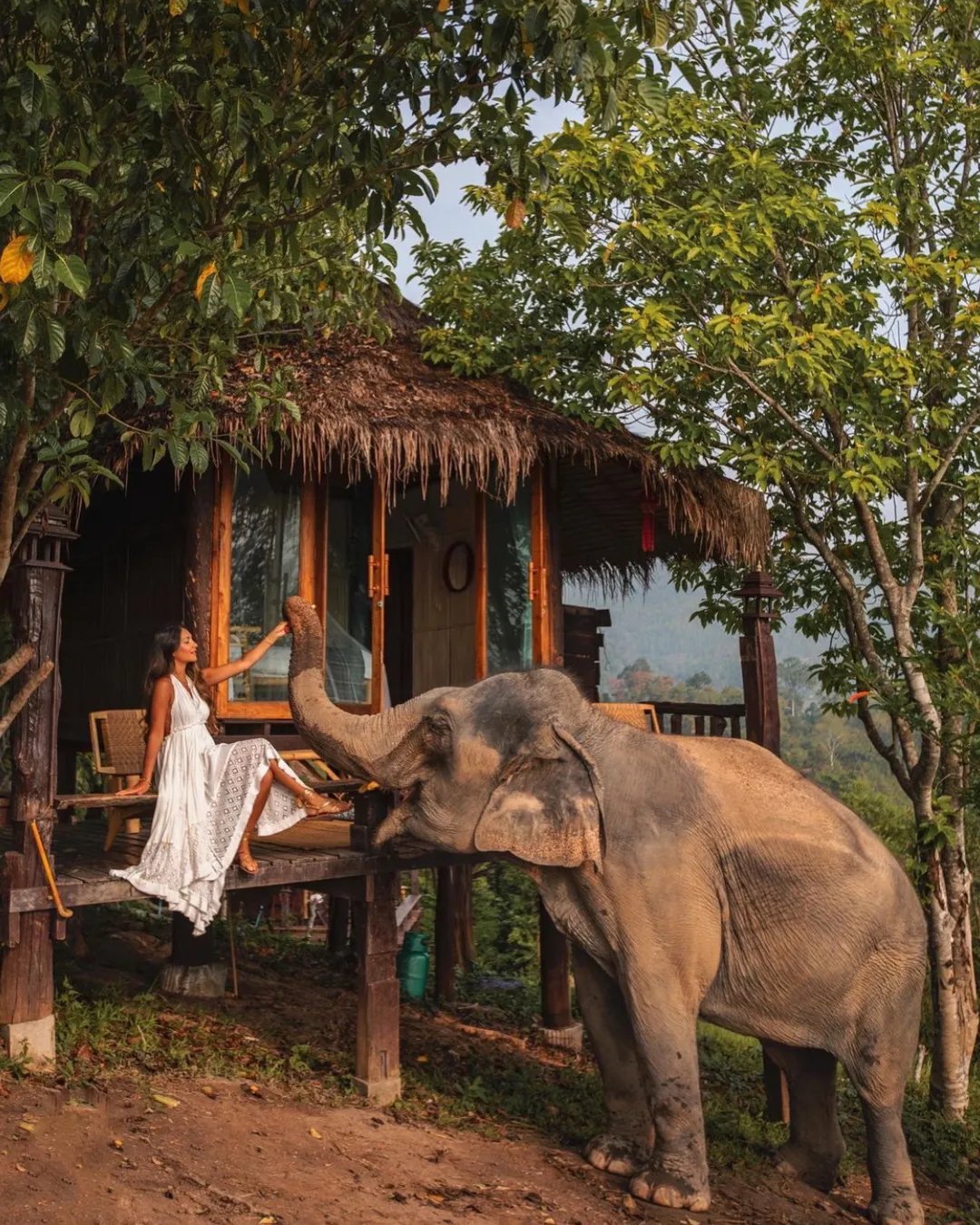Travel is Moving Beyond ‘Eco’: The Rise of Regenerative Resorts
Sustainability has long been the buzzword of conscious travel. But in recent years, a new frontier has emerged - one that doesn’t just seek to reduce harm, but to actively repair and revive. Regenerative travel is taking root. And leading the charge? A growing movement of regenerative resorts that aren’t content with neutral… they’re going net positive.
At its core, regeneration is about reciprocity. It asks not only how a resort can exist more lightly on the earth, but how it can leave the place, and the people who live there, better than before. That’s a different mindset entirely because it’s not about ticking green boxes, it’s about reimagining the relationship between travel, community, and the environment.
Take Song Saa Private Island in Cambodia. When the resort was first established, its founder, Melita Koulmandas, didn’t just build villas, she launched a foundation. Today, the Song Saa Foundation protects over 55,000 hectares of marine habitat, runs community healthcare initiatives, and supports sustainable livelihoods for local islanders. And guests of more than simply observe this work, they’re invited into it, with programs that include marine conservation tours, school visits, and even coral planting.
Further west, Gundari on the unexplored Greek island of Folegandros operates with a similar ethos. Designed to blend into the landscape rather than dominate it, the resort uses renewable energy sources, filters its own drinking water to avoid plastic waste, and partners with local producers for everything from olive oil to textiles. But it’s not just environmental awareness that sets this resort apart, it’s the cultural cues it weaves into the guest experience. Gundari’s spa offering, designed by Australian consultant Naomi Gregory, draws on ancient Greek healing practices that honour both body and place.
In Morocco, the regenerative shift is often about craft, culture, and preservation. Many of the country’s most thoughtful stays are in restored riads - centuries-old homes in the heart of the Medina - where every tile, timber beam, and piece of tadelakt plaster has been painstakingly reimagined. Here, regeneration is a commitment to cultural continuity, to training artisans, and to sourcing locally in a way that sustains traditional industries, rather than merely a marketing campaign.
In Thailand, resorts like Kiri Private Reserve and Six Senses Yao Noi have long been pioneers in this space. Kiri’s “Waste-to-Wealth” ethos sees 90% of its waste diverted from landfill, and guests are educated on composting, permaculture, and zero-waste kitchens. Six Senses works with elephant foundations and marine conservationists to restore fragile ecosystems and reverse the impact of tourism.
And this shift is measurable, it’s not just philosophical. According to a 2022 Booking.com sustainability report, 81% of global travellers said they wanted to stay in sustainable accommodation. But the more telling stat? Over half said they didn’t know how to find them. That gap is what regenerative resorts (and spiffy curated platforms like SLOJOURN) are working to close.
Unlike traditional eco-resorts, which often focus on minimising environmental damage (think: solar panels, no plastic bottles), regenerative resorts think holistically. They restore soil, replant forests, fund education, employ locals in leadership roles, elevate Indigenous knowledge.
Regeneration isn’t a feature; it’s a framework.
It’s also a mindset travellers are increasingly adopting themselves. Many now want to participate in the process, whether that’s joining a mangrove reforestation project in the Maldives, choosing accommodation that contributes to social equity, or simply learning more about where their food comes from.
So, what does this mean for the future of travel?
It means more slow journeys. Longer stays. More considered choices. It means valuing cultural immersion over convenience, and it means choosing places where your presence helps more than it harms.
The rise of regenerative resorts reflects something deeper than trend, it’s a recalibration. Of what it means to travel well, and of what luxury really looks like in the age of climate anxiety and cultural erosion.
Spoiler: it looks a lot like a reef restoration dive, a locally made herbal tea ceremony, or a stay where the land feels more alive when you leave than when you arrived.


